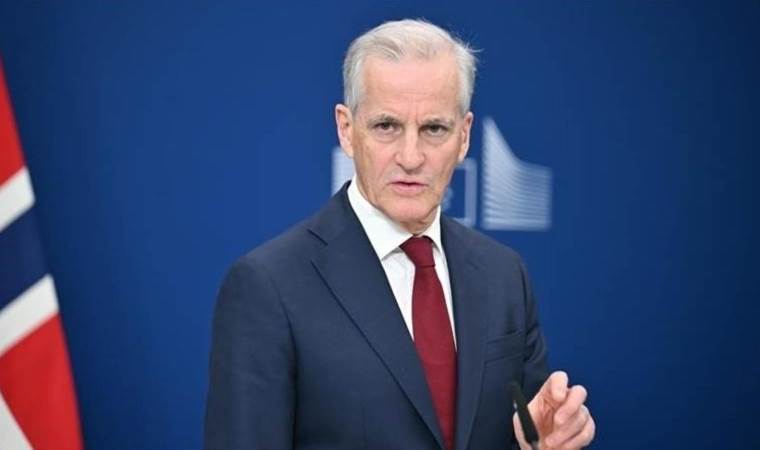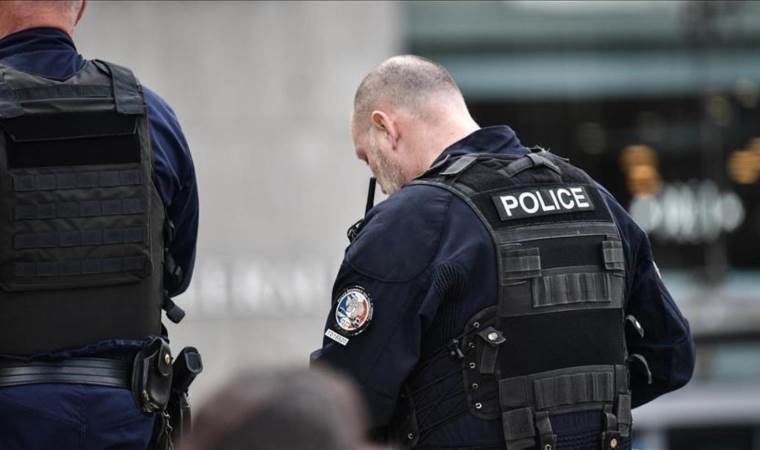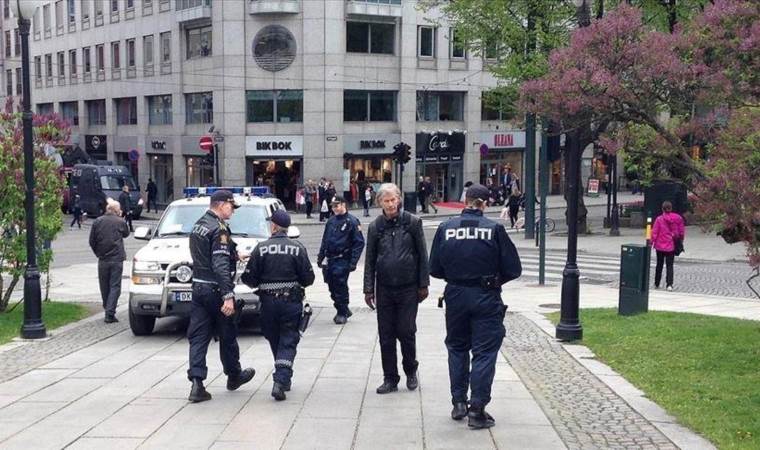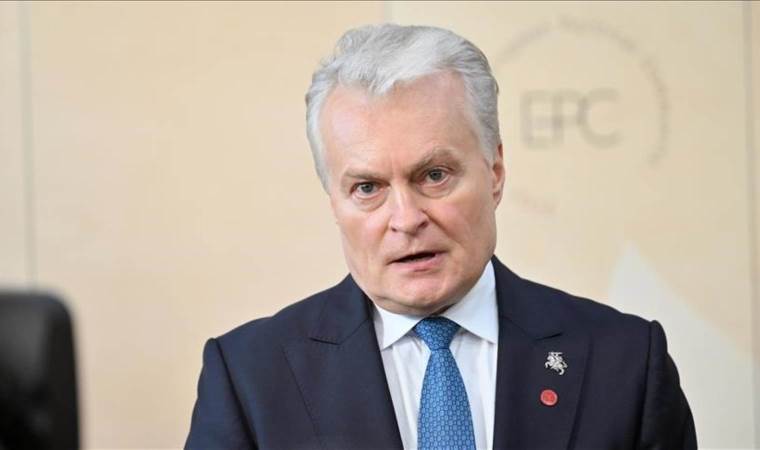'Blade Runner' Pistorius paroled 11 years post-murder
Oscar Pistorius, the South African former Paralympic star known as "Blade Runner," was released on parole on Friday. This event comes nearly 11 years after the murder of his girlfriend, Reeva Steenkamp, a crime that jolted a nation already grappling with rampant violence against women.

On Valentine's Day in 2013, Pistorius, who gained fame for his carbon-fiber prosthetic legs, fatally shot Steenkamp, a 29-year-old model, through a locked bathroom door at his home in Pretoria. He has consistently claimed he mistook her for an intruder, a defense he maintained through several appeals against his conviction.
The Department of Correctional Services confirmed Pistorius's parole effective January 5, 2024. After spending approximately eight and a half years in prison and seven months under house arrest, the parole board ruled in November that he had served over half his sentence, making him eligible for release.
Reeva's mother, June Steenkamp, reacted to the news with a poignant statement. "There can never be justice if your loved one is never coming back," she said, acknowledging that no time served can bring back her daughter. She expressed a desire to live in peace following Pistorius's release.
As part of his parole, Pistorius, now 37, will remain under supervision until December 2029. He must report any employment pursuits or address changes to a monitoring official. Additionally, he is required to continue therapy for anger management and attend sessions on gender-based violence, conditions the Steenkamp family views as an affirmation of the South African justice system's commitment to addressing such violence seriously.
Local media speculate that Pistorius will reside with his uncle Arnold in a prestigious Pretoria suburb. Public opinion in South Africa is divided over his release, with some believing he has paid his debt, while others deem his punishment insufficient.
Once a celebrated figure in the sports world and a champion for disabled athletes, Pistorius made history in August 2012 as the first double amputee to compete in the London Olympics. He reached the 400-meter semi-finals and secured two gold medals at the Paralympics.
His legal journey began with a five-year sentence for culpable homicide in October 2014. However, after an appeal, the Supreme Court of Appeal convicted him of murder in December 2015, leading to an initial six-year sentence in July 2016. In November 2017, this term was increased to 13 years and five months, which the court described as compensating for the initial "shockingly lenient" sentence.
In 2022, Pistorius participated in a "victim-offender dialogue" with Reeva's father Barry Steenkamp, part of South Africa's restorative justice system. This approach, rooted in indigenous cultural practices predating European colonization, seeks to provide closure for crime victims rather than focusing solely on punishing offenders.
Pistorius's parole was initially denied in March. However, the Constitutional Court later ruled that his sentence, backdated to July 2016 when he was first sentenced for murder, made him eligible for parole as of March 21.
Most Read News
-
 Who will share the burden of the US?
Who will share the burden of the US?
-
 Norwegian premier rejects Trump’s claim that US gets not
Norwegian premier rejects Trump’s claim that US gets not
-
 Syria, UN sign deal to rehabilitate 5 hospitals across v
Syria, UN sign deal to rehabilitate 5 hospitals across v
-
 Paris prosecutor’s cybercrime unit launches search into
Paris prosecutor’s cybercrime unit launches search into
-
 NATO chief says allied forces will deploy to Ukraine 'in
NATO chief says allied forces will deploy to Ukraine 'in
-
 Israeli army uproots 200 grapevines in occupied West Ban
Israeli army uproots 200 grapevines in occupied West Ban
-
 Norway's crown princess invited at least twice to Epstei
Norway's crown princess invited at least twice to Epstei
-
 Lithuanian president warns of risks in ‘overly close’ ti
Lithuanian president warns of risks in ‘overly close’ ti
-
 WHO: 5 Gaza patients evacuated through Rafah crossing on
WHO: 5 Gaza patients evacuated through Rafah crossing on
-
 Trump sees early progress on Russia-Ukraine war as US ju
Trump sees early progress on Russia-Ukraine war as US ju










